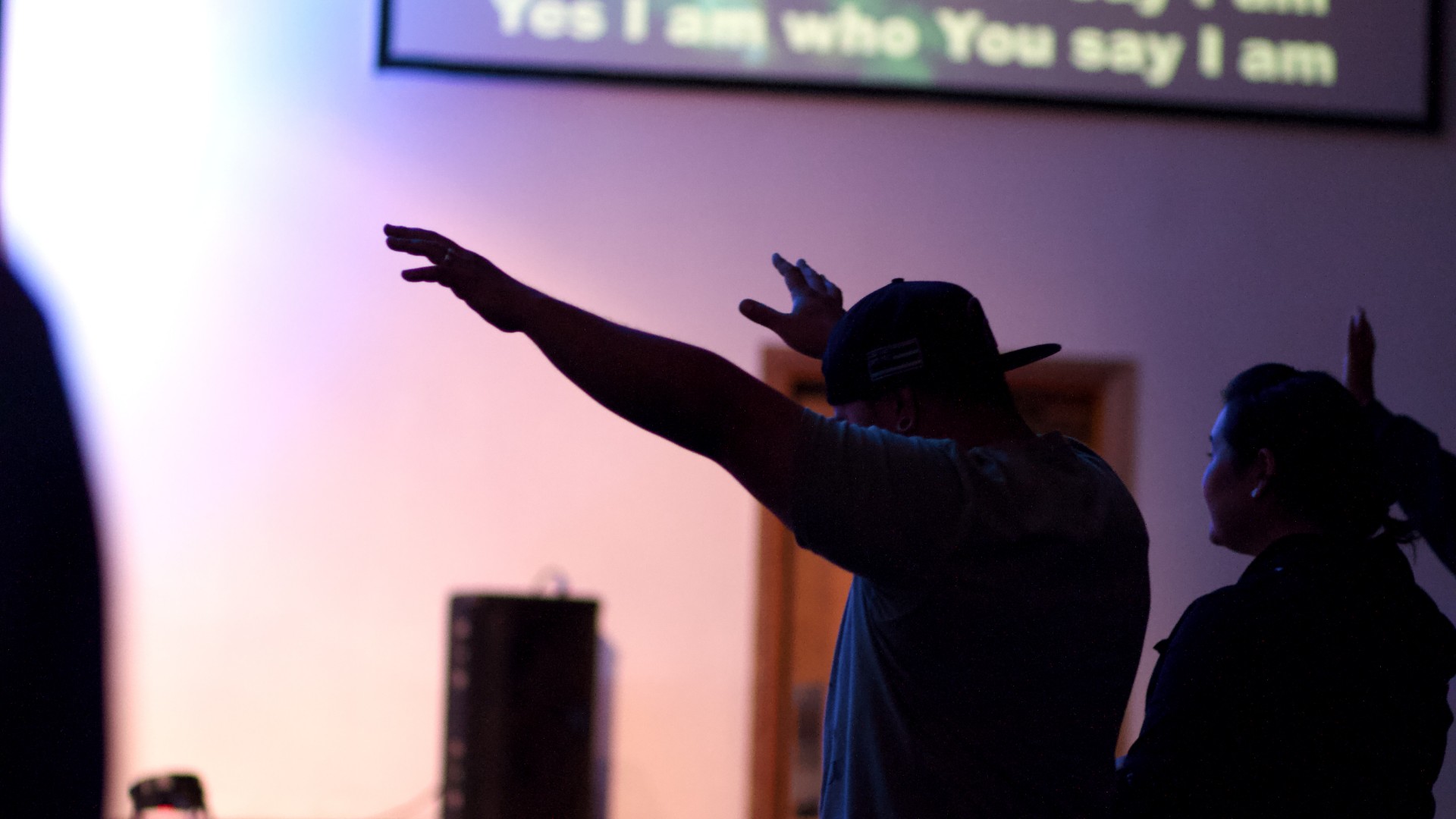Marshall Segal has some good words to say about facing a life that isn’t what you hoped for:
The reality is that all of us can imagine something better for ourselves than our circumstances today. The greater reality is that, if you love and follow Jesus, God always writes a better story for you than you would write for yourself. The “better” is based on this: God himself is the best, most satisfying thing you could ever have or experience, and, therefore, fullness of life is ultimately found not in any earthly success or relationship or accomplishment, but in your proximity to God through faith.
The dark side of this good news is that you may have to walk through pain, disappointment, rejection, and suffering for seventy or eighty years. The brighter (and prevailing) side says God never makes a mistake in choosing good for you. Everything you experience—expected or unexpected, wanted or unwanted, pleasing or painful—is God’s good plan to make you his own (John 10:27–29), to give you himself forever (Psalm 16:11), and to use your life to reveal himself and his glory to the world around you (Isaiah 43:25; 1 Corinthians 10:31)....
What is the secret of joy and contentment in the face of whatever life brings? It’s centering and anchoring our joy and contentment in Christ, rather than in life.
Read the rest of “Love the Life You Never Wanted.”
I’ve spent a lot of time over the years reading about Christians who suffered, trying to figure out how they persevered; and the trust Paul expresses in Philippians 4:11–13 (referred to by Segal in the last paragraph above) is the common denominator I found:
I have learned to be content in whatever circumstances I am. I know how to get along with humble means, and I also know how to live in prosperity; in any and every circumstance I have learned the secret of being filled and going hungry, both of having abundance and suffering need. I can do all things through Him who strengthens me.
That kind of trust doesn’t come from nowhere. Leading up to that passage, Paul says, “I count all things to be loss in view of the surpassing value of knowing Christ Jesus my Lord, for whom I have suffered the loss of all things.” It’s out of that love expressed in chapter 3 that he concludes with the passage of confident trust in chapter 4.
In other words, the people who are content in suffering, the people who persevere, are the people who love Jesus. The difficult details of our lives are working to create this love for Jesus by directing our eyes towards Him and proving Him to be faithful, but we needn’t wait for difficult circumstances. I spoke briefly here about how to cultivate our love for Christ by looking at Him—who He is and what He’s done for us. I think we all need to get much more serious and intentional about doing this.

